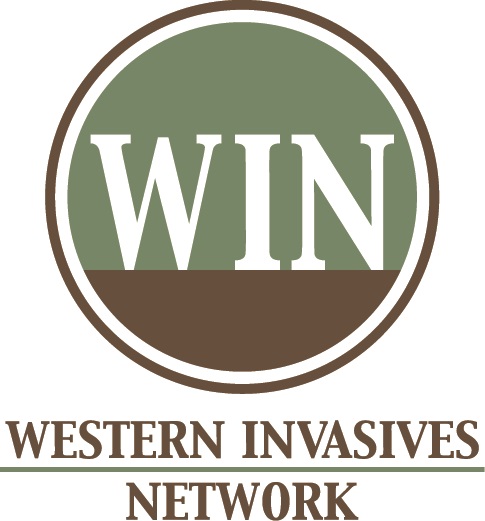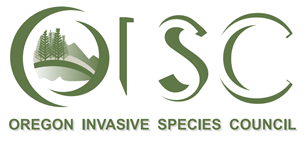Have you seen something suspicious in your backyard or neighborhood?
Are you having trouble identifying something you've found? Report potential invasive species you've found to the Online Hotline. Your submission will provide vital early detection information to the experts working to stop the next invasion before it starts!
Please note that 12/16/25 from 9 - 11am the Hotline site will undergo system maintenance.
Help stop the spread of invasive species in Oregon
In their efforts to detect new outbreaks, invasive species experts in Oregon face the daunting challenge of tracking hundreds of potential new invaders across millions of acres of farms, forests, and waterways. They can't do it alone. They need the help of all Oregonians to be their eyes in the field.
The Oregon Invasive Species Online Hotline is designed to help you become involved in this effort. By using the Online Hotline to report suspected invasive species in your area, you'll be contributing vital early detection information to the experts best able to stop the spread of invasives. The Online Hotline also lets you connect directly with an expert to get positive identifications and answers to your questions. Please note that the information you provide in your report (location, description, species ID) may become viewable by the public. Photos from public reports are accessible according to CC-BY Licensing. Your contact information will be visible to you, as the reporter, and to reviewers, but will be hidden from the public. Private comments can be added after you submit your report.
Are you here to report a potential Emerald Ash Borer sighting? There is a native wood-boring beetle Golden Buprestid (Buprestis aurulenta) that is also metallic green, but larger, with ridges and copper or reddish edges (see a photo of Golden Buprestid). Emerald ash borers are around 1/3 inch long and 1/15th inch wide, about half the size of golden buprestids and a quarter as wide, and are smooth (see a photo of Emerald Ash Borer). For more look-alikes to Emerald Ash Borer, see the Oregon Dept. of Agriculture's EAB Look Alikes Guide and the Oregon Dept. of Forestry's guide to Wood Boring Beetles.
To protect Oregon from invasive species, it is important to stop new outbreaks before they start. By the time an invader is easily noticeable and begins to cause damage, it is often too late. It can be difficult and expensive to remove an established invader. However, by detecting new outbreaks early and acting quickly to control them, we can avoid many of the environmental and economic losses caused by invasive species.



